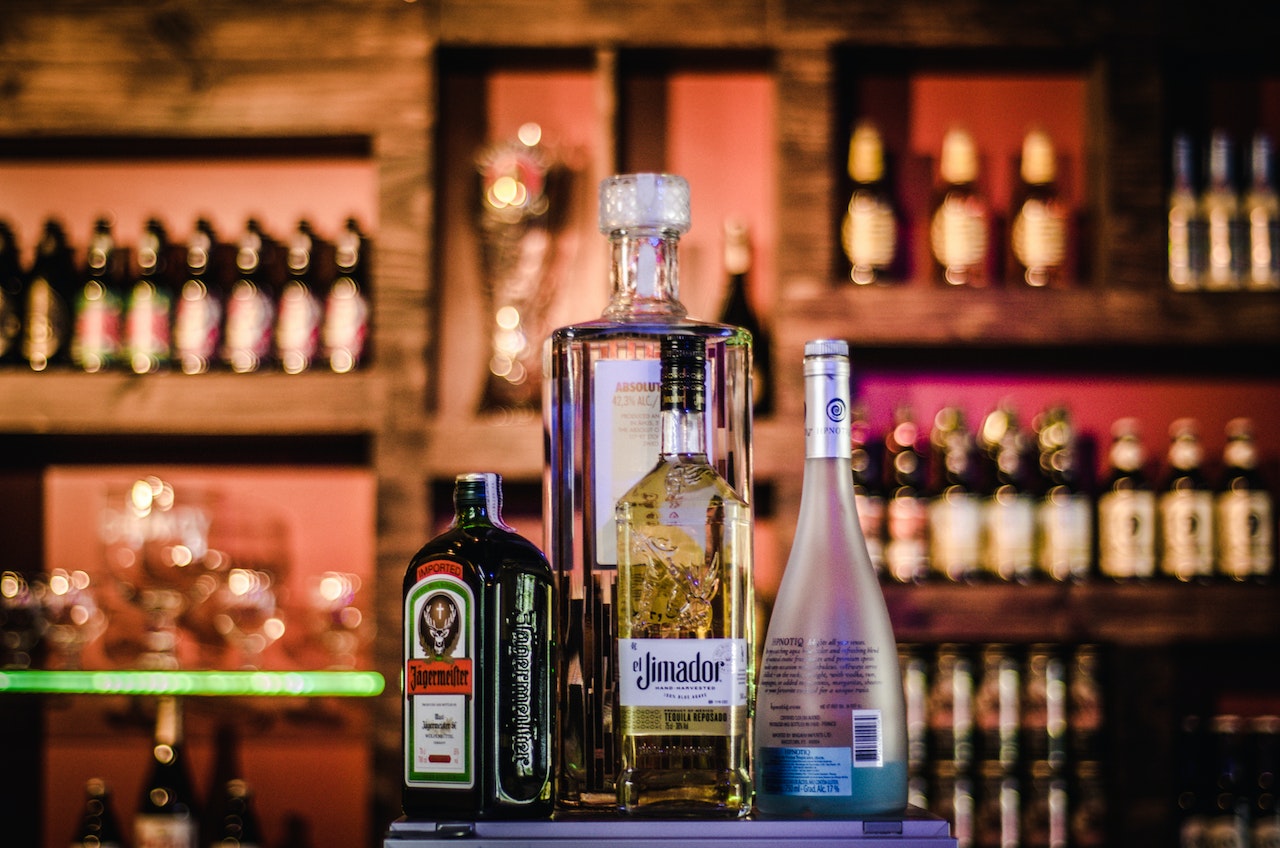Comments
- No comments found

Alcohol abuse is a serious problem that can lead to addiction and other serious health problems.
But how does an alcohol addiction start? And what's the difference between abuse and addiction?
In this article, we'll look at the factors that contribute to alcoholism, including genetics, environment, and behavior patterns. We'll also explain how you can tell if you're addicted to alcohol and what steps you should take if that's the case.

The way you metabolize alcohol is partly genetic. If you have a family history of alcoholism, that increases your risk of developing alcohol addiction.
The more family members who abuse alcohol or develop an addiction, the greater your chances of becoming addicted to alcohol as well.
In fact, some people are genetically predisposed to addiction, which means they were born with certain genes that make them more likely than others to become dependent on drugs or alcohol.
One study found that people with a certain type of dopamine receptor in their brain are more apt to develop addictions when exposed to drugs and alcohol than those without it—so if you're at high risk for developing an addictive personality because you have this gene variant, then even moderate drinking could lead down the path towards full-blown alcoholism later down the road!
The environment surrounding you is a major contributing factor in the development of an alcohol problem. Several factors have been identified as potentially increasing your risk of developing an alcohol addiction, including:
A family history of alcoholism
Peer pressure and negative peer influence
Stressful life events, such as moving away from home or losing a job or a stressful home
Exposure to alcohol advertising and promotion (e.g., billboards)
Availability of alcohol; there are more than 160,000 outlets that sell beer in the United States alone
Alcohol use disorders are estimated to affect over 17 million American adults according to the National Institute on Alcohol Abuse and Alcoholism. Worse, another 855,000 teens between the ages of 12 and 17 years also have alcohol use disorders.
It’s not the first use that gets you, it starts with binge drinking. When they do drink, it’s in excess at one time. Binge drinking is characterized as:
Men: 5 or more alcoholic beverages in 2 hours
Women: 4 or more alcoholic beverages in 2 hours
This is simply the minimum to count as a binge drinking moment. Binge drinking is dangerous from the get-go but frequently develops into a much bigger problem.
There are five stages of alcohol addiction:
Initial Use: Whether this develops into something more depends on individual circumstances
Abuse: use on a recurring, improper basis
Tolerance: extended use leads to brain changes that require more alcohol for the same results
Dependence: your body or brain needs the alcohol to function properly
Addiction: a chronic and specific mental health disorder
Relapse: submitting to cravings after detox
If you want to know if you have an alcohol problem, ask yourself these questions:
Do I drink more than I should?
Is drinking interfering with my life and how I feel about myself?
If people are concerned about my drinking habits, should they be?
If the answer to any of these questions is yes, it's time to get help!
Liver damage
Heart disease
Brain damage
Malnutrition
Mental health disorders
suicide
If you are interested in getting help for your alcohol addiction, there are many options like Ascendant NY. You can try self-help techniques and professional help. You can get support from friends and family or join a support group. There is also the option of rehabilitation programs, which will give you the best chance of beating your addiction for good.
The first step to overcoming an alcohol problem is admitting that it exists and seeking help from trained professionals who have dealt with similar cases before (as opposed to trying to do it on your own).
Next comes detoxification—the process by which your body gets rid of any remaining toxins caused by heavy drinking—followed by rehabilitation and recovery programs such as therapy sessions with counselors specializing in addictions and/or substance abuse treatment-related topics like nutrition/dietary guidelines; meditation exercises; stress management techniques.
Many people abuse alcohol without being addicted, but it's important to know how the addiction process starts so that you can seek help if you need it.
Many people abuse alcohol without being addicted, but it's important to know how the addiction process starts so that you can seek help if you need it.
Alcohol abuse and addiction are not the same things. Addiction is a chronic mental disorder that requires the presence of at least 2-3 of the following:
using more than you originally planned
inability to stop using
relationship problems because of substance use
spending a considerable portion of your life seeking out the substance, using the substance, and or recovering from using
turning to substance use instead of favorite activities
unable to keep up with daily responsibilities
cravings
continued use despite knowing and feeling the negative health effects
using in dangerous situations
developing a tolerance
experiencing withdrawal
There is no one test to determine whether someone has an alcohol use disorder (AUD). However, there are several indicators that may provide some clues as to whether your loved one may have an AUD. Talk to a health professional today.
Alcohol is a drug that can be used safely and responsibly, but it's important to understand how addiction develops so that you can avoid it.
If you're concerned about your use of alcohol or other drugs, please reach out for help. There are many resources available to help with substance abuse disorders.
Leave your comments
Post comment as a guest